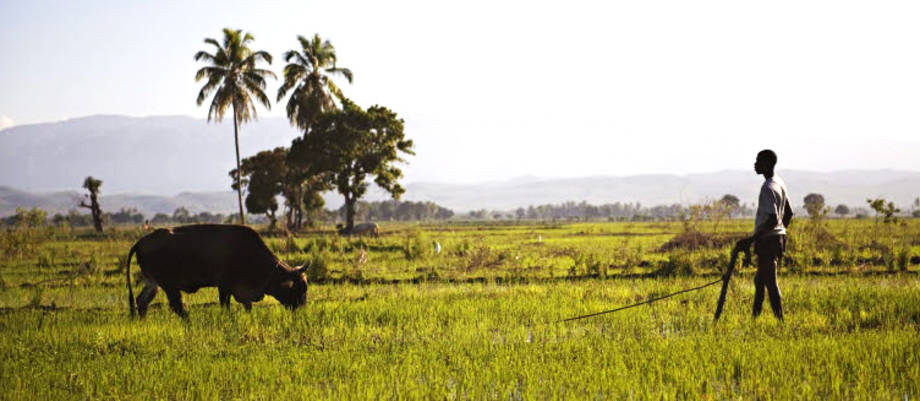Read more on Family Farming in Latin America and Caribbean
Read more on Family Farming in Latin America and Caribbean
Limited access to basic infrastructure, rural services and productive resources hampers their inclusion in dynamic markets and value chains; and they often live in a situation of vulnerability to natural disasters and the effects of climate change.
The Family Farming and Rural Territorial Development Initiative is one of FAO’s three priority initiatives in Latin America and the Caribbean, and forms part of a total of 15 being deployed around the world to help countries eradicate hunger, reduce rural poverty, and foster sustainable development.
In its collaborative work, the initiative is actively contributing to the implementation of the Plan for Food and Nutritional Security and Hunger Eradication 2025 of the Community of Latin American States (CELAC), by supporting the creation of the CELAC Regional Integration Agenda on Family Farming and Rural Development.
As a way to foster institutional development and capacity building, the initiative promotes south-south and triangular cooperation between the countries, facilitating the exchange of experience on institutional frameworks and policies for family farming, sustainable development, and poverty reduction in rural territories.
The initiative is being implemented through the following three components:
- Seek to strengthen institutional and public-policy frameworks for family farming and rural territorial development.
- Foster the development of regulatory frameworks and both public and public-private institutional mechanisms to ensure family farmers have access to productive resources (land, water, seeds), rural services (technical assistance, credit, insurance) and markets.
- Promote the sustainable management of rural territories by reinforcing institutional mechanisms for policy coordination and articulation at the territorial level, and by strengthening risk management and livelihood resilience to natural disasters and social conflicts among rural communities.
Resources
Guía básica de aprendizaje: Sistema silvopastoril con árboles de sombra y bancos de proteínas (SILSOM)
Network
Programa Cambio Rural
Useful links


























































